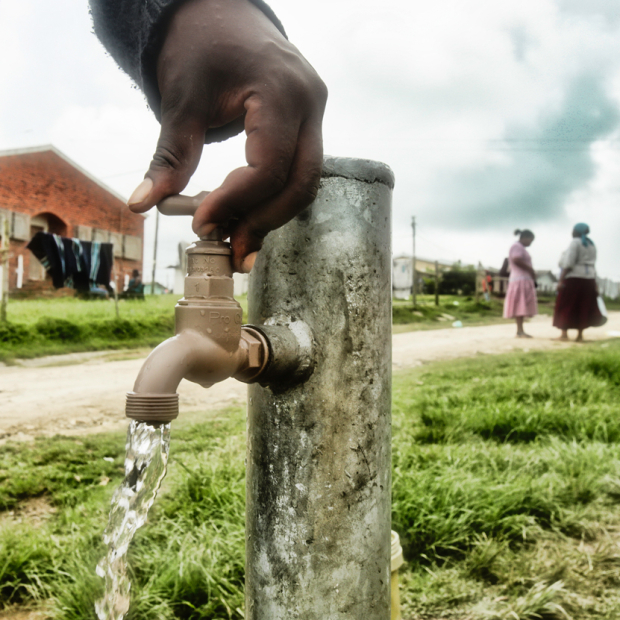
International climate change consulting
The Paris Climate Agreement of 2015 created a framework for the implementation of global measures to mitigate climate change. In order to reach the goals outlined in the agreement, both industrial and developing countries must make a contribution. Working at a global level, EBP supports governments and institutions when it comes to achieving low-carbon development and adapting to climate change.
The Paris Agreement is the first universally binding climate agreement. To implement the agreement’s various provisions, countries around the world formulate nationally determined contributions (NDCs). However, the task of transitioning from goals to action requires careful planning, concept development, political and financial analysis, as well as the establishment of the necessary capacities and technical know-how.
With offices in Switzerland, Germany, Chile, Brazil, the United States and China, EBP offers global consulting services in the area of climate change mitigation and adaptation. The quality of our services is assured by the interdisciplinary approach of our experts in the areas of energy efficiency, waste management, water resource management, risk management, transportation, infrastructure, IT and urban planning. Our specific services include:
- Policy consulting for national and regional governments relating to climate-change issues (strategies, draft legislation, etc.)
- Research and analysis relating to new climate topics (de-carbonization, digitalization and climate change, etc.)
- Creation of knowledge products and training-program contents for decision makers
- Solution proposals and specific measures in the area of climate change
Our many projects in the area of international climate change consulting include helping the Society for International Cooperation (GIZ) to analyze a part of a World Bank financial-assistance portfolio to determine its conformity with the relevant international goals for climate-change mitigation and adaptation. We also helped the German Federal Ministry for Economic Cooperation and Development to design financial-assistance programs to create low-carbon, climate-resistant urban infrastructures. The scope of this work included examining numerous financing proposals based on various international climate-financing sources.
Projects for Topic International climate change consulting











